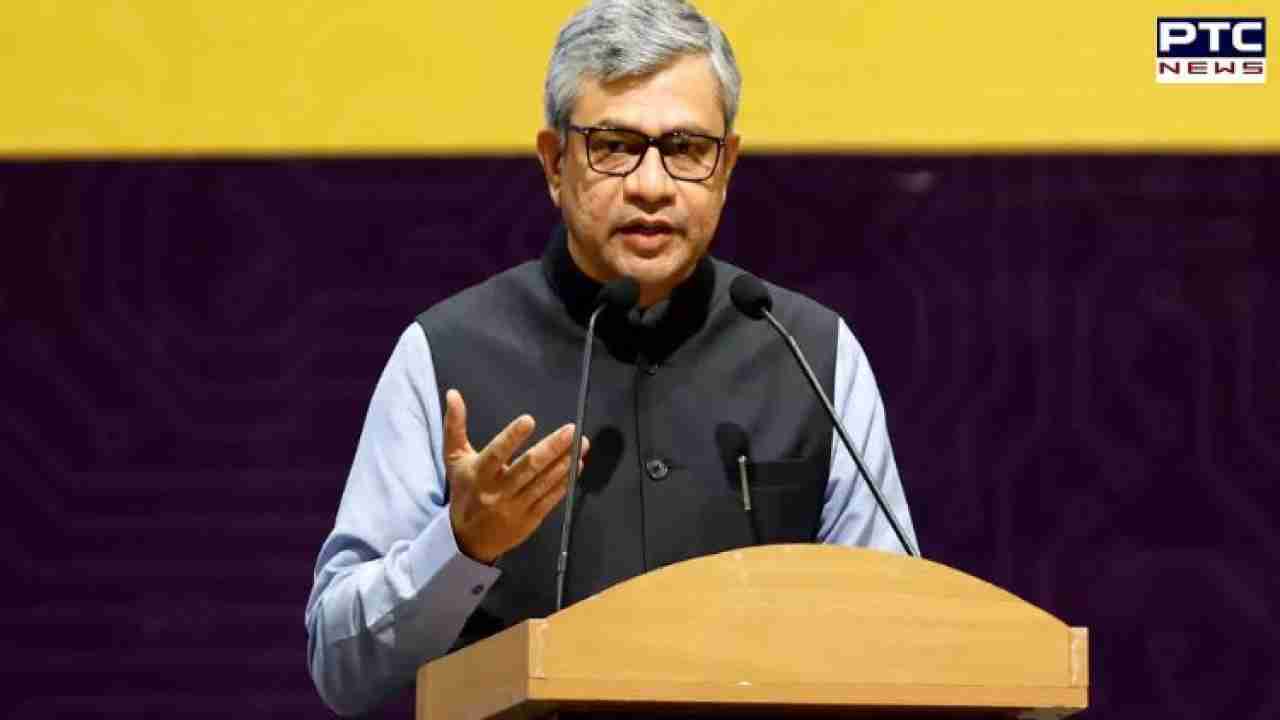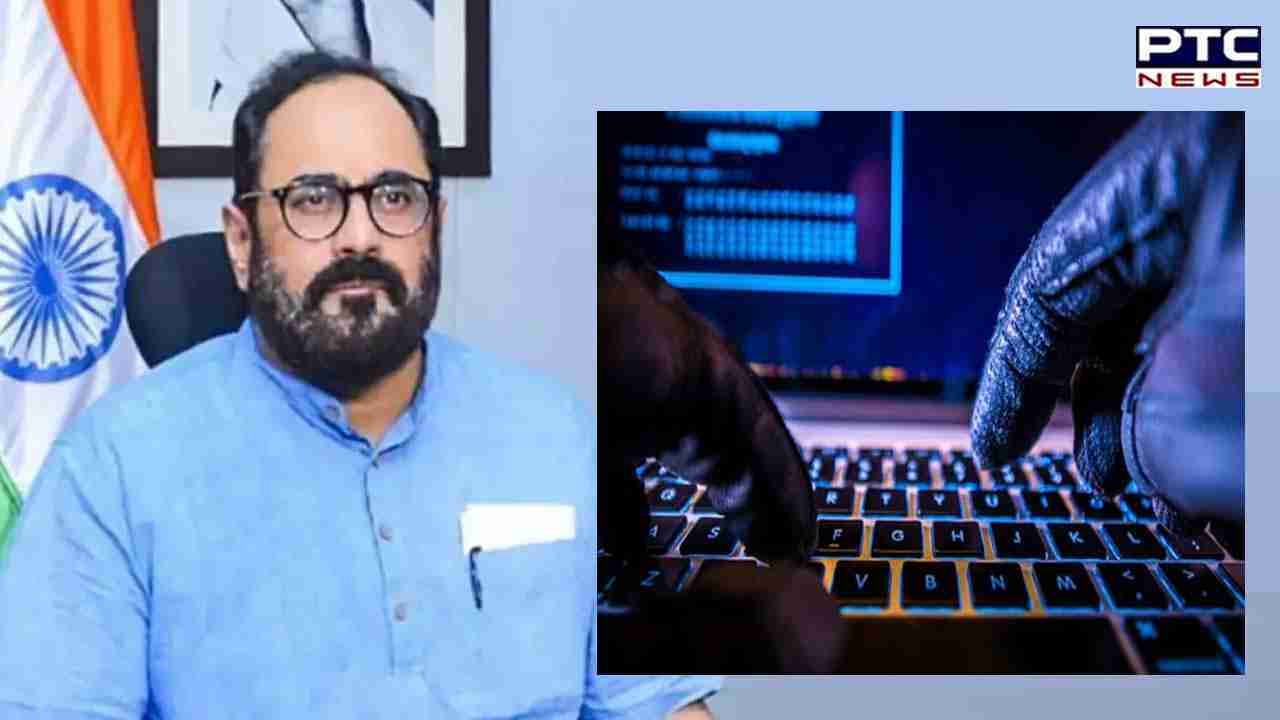

Amidst sloganeering, Lok Sabha clears Digital Personal Data Protection Bill 2023
Digital Personal Data Protection Bill 2023: On Monday, the Lok Sabha passed the Digital Personal Data Protection Bill by a voice vote, amidst opposition members raising slogans over the Manipur issue. During the proceedings, several amendments proposed by the opposition were defeated by a voice vote.
While moving the bill for consideration and passage, Union IT Minister Ashwini Vaishnaw criticised the opposition for showing little concern towards public welfare and the protection of people's personal data, leading to their slogan shouting. He called for the unanimous passage of the bill.
The main objective of the bill is to safeguard the privacy of Indian citizens and includes provisions for penalizing entities with fines of up to Rs 250 crore for misusing or failing to protect individuals' digital data. The legislation was drafted in response to the Supreme Court's declaration of the "Right to Privacy" as a fundamental right six years ago and aims to curb the misuse of individuals' data by online platforms.

Earlier, New Delhi witnessed a heated debate in the Lok Sabha as the Digital Personal Data Protection Bill, 2023, was introduced. The bill aims to strengthen digital rights for Indian citizens, but it has also raised concerns about potential privacy violations. Critics argue that the bill grants the central government and its agencies unrestricted access to citizens' data, which could compromise their right to privacy and access to information.
Union Minister of Information Technology, Ashwini Vaishnaw, presented the bill, rejecting claims that it was a money bill intended to bypass scrutiny from the Rajya Sabha, the upper house of Parliament. He asserted that the bill was a "general bill," not designed to evade thorough examination.
What is the Digital Personal Data Protection Bill ?
➡️ #DPDPBill introduced in #Parliament is a very significant milestone in PM @narendramodi ji's vision of Global Standard Cyber Laws for India's $1T #DigitalEconomy & #IndiaTechade
➡️ @GoI_MeitY has developed this bill after… pic.twitter.com/a8tHXJl537 — Rajeev Chandrasekhar ???????? (@Rajeev_GoI) August 3, 2023
Opposition members, privacy activists, and various stakeholders voiced strong criticism against the bill's provisions, particularly the exemptions given to the central government and its agencies.
They view these exemptions as a potential threat to citizens' privacy and rights. Prominent opposition leaders, including Gaurav Gogoi, Manish Tewari, Shashi Tharoor, Adhir Ranjan Chowdhury, Supriya Sule, Saugata Roy, and NK Premachandran, vehemently opposed the bill's introduction. They expressed concerns about possible dilution of the Right to Information Act, 2005, and the impact on state autonomy.
#WATCH | On Digital Personal Data Protection Bill, Union Minister Rajeev Chandrasekhar says, "...I certainly don't see any need for a committee to go into the Bill because a) there has been extensive consultation on the Bill. The Bill and this whole idea or the whole concept of… pic.twitter.com/YdjXZrQ2Jx — ANI (@ANI) August 3, 2023
In response to the widespread opposition, the government enlisted junior IT minister Rajeev Chandrashekhar to present the government's stance on social media platforms. Despite the uproar, the Lok Sabha allowed the bill's introduction through a voice vote. This marked the country's second attempt at framing privacy legislation, as three previous versions were previously considered and discarded by the government.

Opposition leaders demanded the bill be referred to a parliamentary panel for further deliberation. However, Minister Vaishnaw argued that the issues raised by the opposition were unrelated to the government's legislative competence. He assured the house that the government was open to engaging in a detailed discussion on the bill and addressing any allegations made by the opposition.
The bill forms part of a broader technology regulatory framework being developed by the government and proposes the establishment of a data protection board. This board would be responsible for adjudicating matters related to data breaches and violations of the bill's provisions. Additionally, the bill mandates data-collecting entities to maintain data accuracy, ensure data security, and delete data once its purpose has been fulfilled.
Also Read: Govt imposes restrictions on import of laptop, tablet and PC | Check details
- With inputs from agencies
